|
|
|
|
Nau mai, haere mai - welcome to your newsletter.
The sentencing hearing for the Christchurch terrorist begins next week and, given he has pleaded guilty to all charges, he will be going to jail for a long time - at massive expense to the New Zealand taxpayer. Law professor Alexander Gillespie makes the case that a proper prisoner transfer agreement between Australia and New Zealand would allow for the killer’s deportation to serve out the sentence handed down here, but at Australia’s expense. In the process, such a deal might also help resolve the festering trans-Tasman prisoner problem and offer a way for both countries to move forward.
Ultimately that is a political question, but politics right now is anything but normal. By delaying the election for four weeks, Jacinda Ardern took into account opposition party claims that the level 2 and level 3 alerts currently operating due to COVID-19 community transmission meant they couldn’t physically campaign. But as political analysts Jennifer Curtin and Lara Greaves outline, voters get very little of their information from the conventional canvassing methods of door-knocking, meetings and kissing babies. So maybe it’s time politicians’ campaign tactics moved on too.
From election campaigning to everyday tasks, COVID-19 continues to disrupt our lives. If you’re feeling more anxious or even angry, rest assured this is a normal reaction during uncertain times, and as clinical psychologist Dougal Sutherland writes, allowing yourself some dedicated “worry time” could ease the intensity of these feelings. Meanwhile, genome sequencing of the virus has now revealed a new case,
thankfully at the border, that is not part of the new cluster, and if you’re still unsure about wearing a mask, you’ll enjoy our story about pandemic etiquette.
Many thanks for reading. You’ll find a lot more on the New Zealand homepage - until next time, take care, noho ora mai.
|
Finlay Macdonald
New Zealand Editor: Politics, Business + Arts
|

|
|
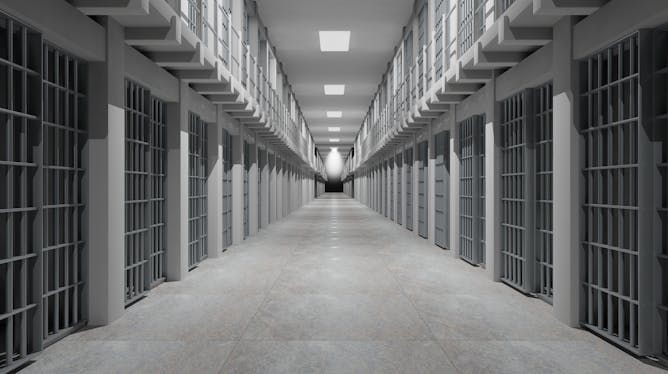
www.shutterstock.com'
Alexander Gillespie, University of Waikato
New Zealand and Australia have no prisoner transfer agreement. By negotiating one, we could deport the Christchurch terrorist and help resolve the trans-Tasman prisoner problem in the process.
|
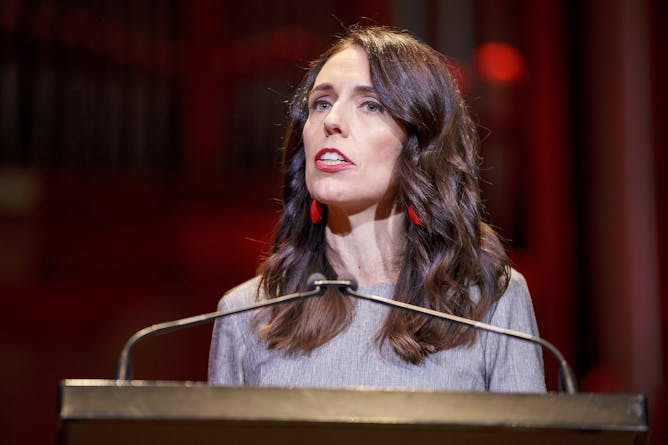
AAP
Jennifer Curtin; Lara Greaves
Politicians argue conventional campaigning is still important ahead of NZ's rescheduled 17 October election. But voter behaviour has moved on since the days of door-knocking and kissing babies.
|

Shutterstock/Pearl PhotoPix
Dougal Sutherland, Te Herenga Waka — Victoria University of Wellington
During uncertain times, feelings of anxiety and even anger are normal responses. If left unchecked, these emotions can affect how we behave, but acknowledging them can ease their intensity.
|

www.shutterstock.com'
Elspeth Tilley, Massey University
Worried about being accused of virtue signalling or getting funny looks for wearing a mask? Here's how to test your ethics and come to the right decision.
|
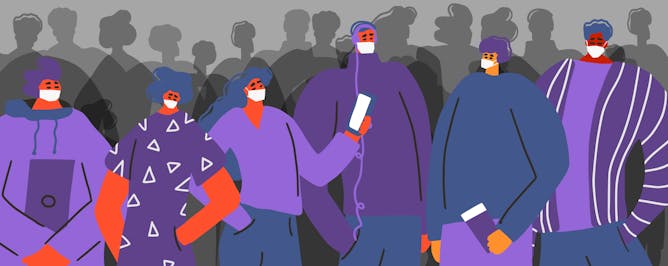
Shutterstock/Syuzann
David Welch
Genomic sequencing of positive COVID-19 samples could help New Zealand pinpoint the source of its new community outbreak. But it only works if all samples are sequenced – and right now, they're not.
|
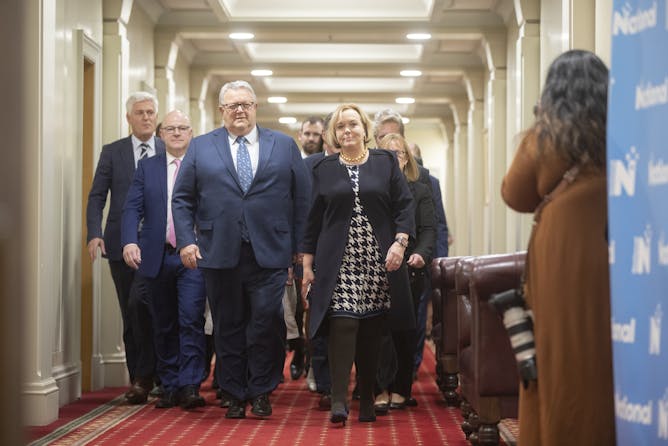
GettyImages
David Hall, Auckland University of Technology
Being 'Her Majesty's Loyal Opposition" during a pandemic is challenging, and the risks of getting it wrong are very high.
|
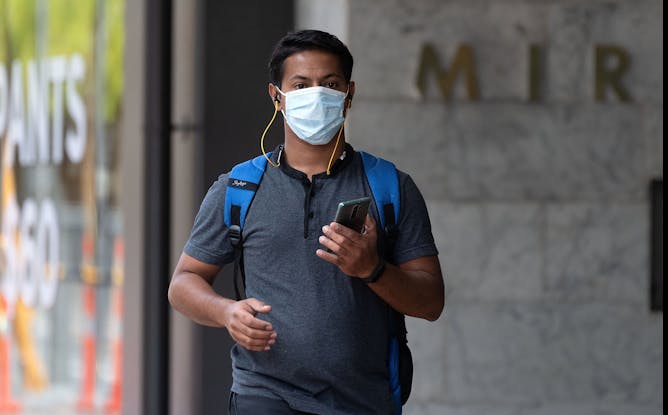
Getty Images/Marty Melville/AFP
Nick Wilson, University of Otago; Amanda Kvalsvig, University of Otago; Michael Baker, University of Otago
We believe New Zealand can eliminate COVID-19 again. But it could do more to speed up that process with mandatory masks and tighter controls on high-risk venues, including bars, gyms and churches.
|
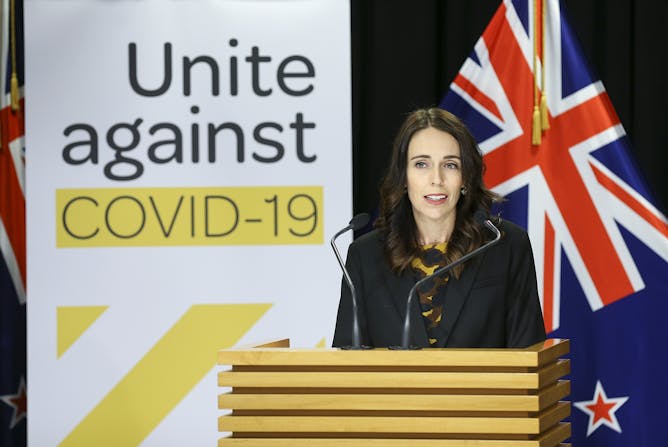
GettyImages
Andrew Geddis, University of Otago
Delaying the election would be a balancing act between public health and political calculation.
|
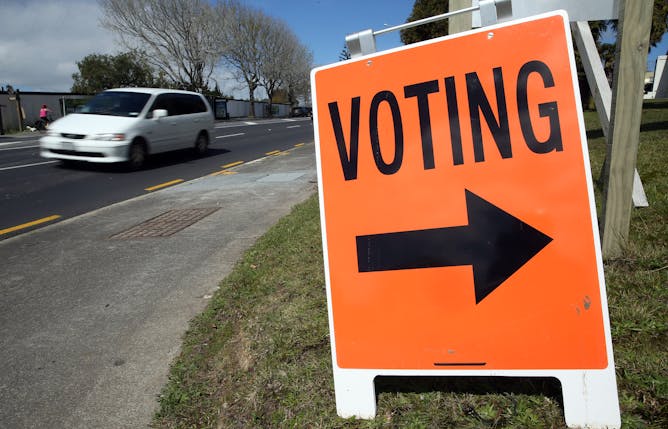
GettyImages
Grant Duncan, Massey University
Elections belong to citizens, not politicians. There is no reason to deny or unduly delay this basic democratic right.
|
From our international editions
|
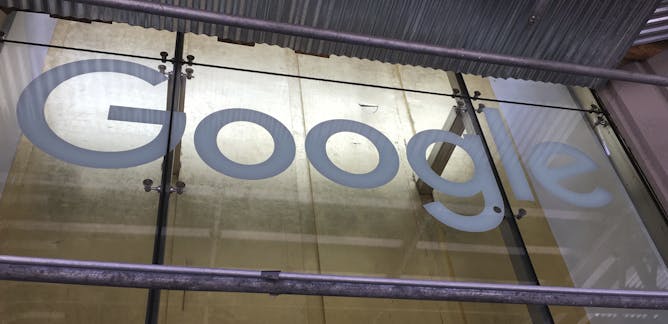
Belinda Barnet, Swinburne University of Technology
The letter is part of a campaign running across Google's platforms, designed to gaslight Australian users. Don't fall for it.
| |
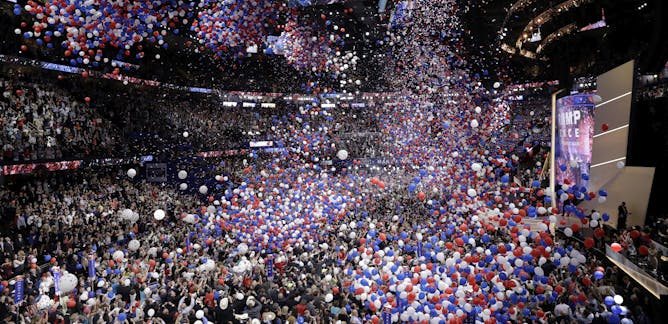
Daniel Klinghard, College of the Holy Cross
This year's technological adaptations may signal a permanent shift in the way nominating conventions meet and the way voters watch them – but it's not the first time.
|
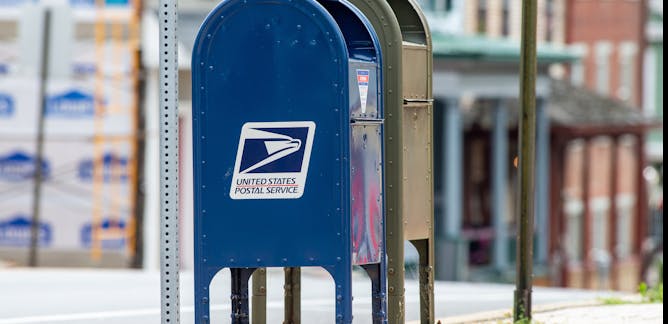
Amy Werbel, Fashion Institute of Technology (FIT)
The United States Postal Service plays a vital role in US civic life, one that helped shape American society more than 250 years ago and continues to characterize it today.
| |
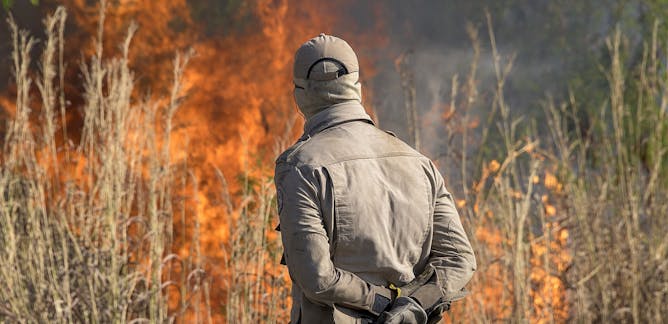
Federico Cammelli, Swiss Federal Institute of Technology Zurich; Jos Barlow, Lancaster University; Rachael Garrett, Swiss Federal Institute of Technology Zurich
Fires that burn the forest burn crops and pastures alike. But farmers in the eastern Amazon are left with few good options.
|
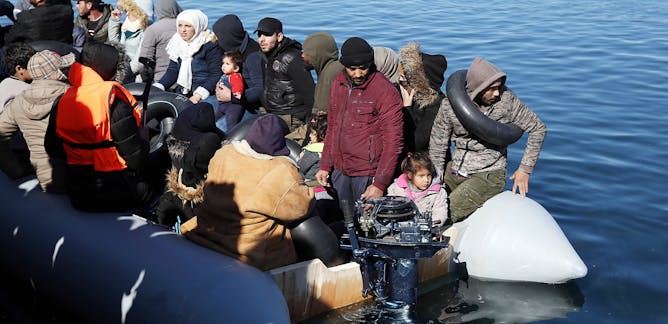
Lina Fadel, Heriot-Watt University
Can you only ever truly 'belong' in Britain if you aren't white?
| |
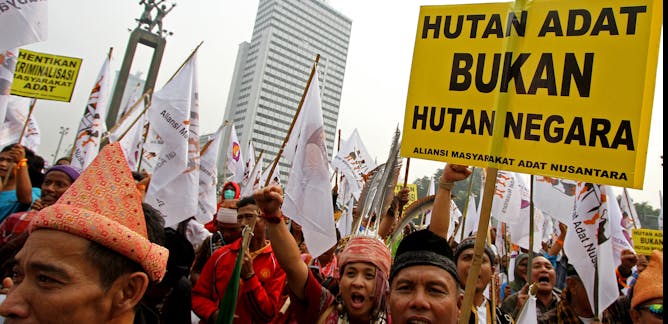
Fidelis Eka Satriastanti, The Conversation
After 75 years, Indigenous Peoples in Indonesia is still fighting for their existence to be equal in the Republic of Indonesia.
|
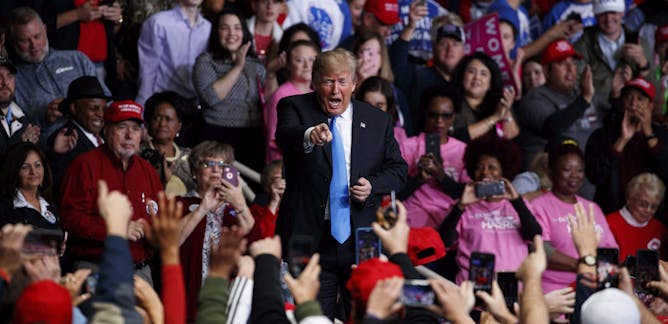
J.M. Opal, McGill University
The history of the United States suggests that, despite what the polls are saying, Donald Trump could be re-elected this November. His appeal to white voters and business owners are a major advantage.
| |
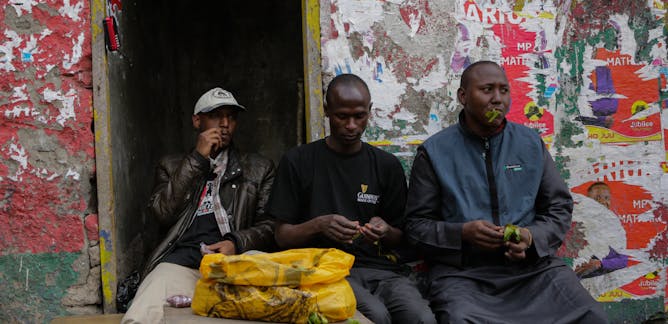
Peter Lockwood, University of Cambridge
Diaries of young Kenyans in Nairobi reveal lives of joblessness and endless searching for money, all punctuated by substance use.
|
|
|
| |
| |
| |
| |
| |
| |
|
|
|
|
|
|
|